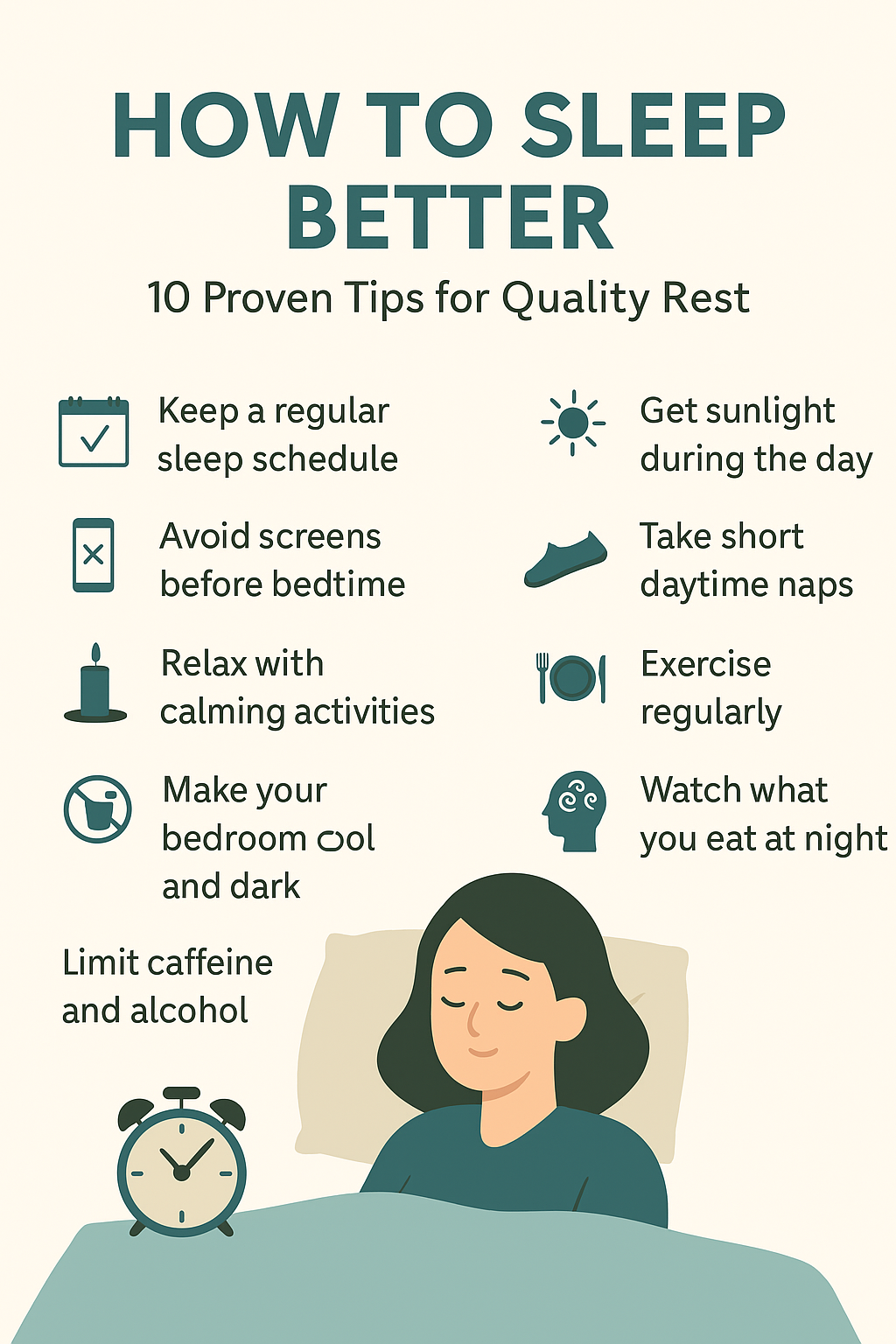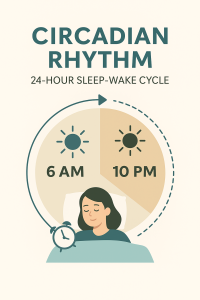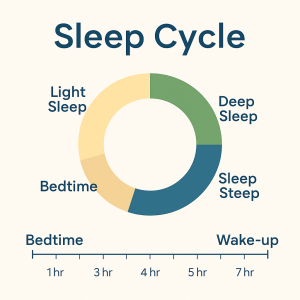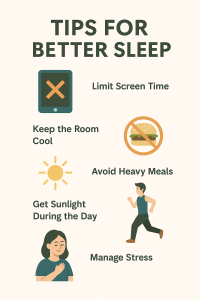
How to Sleep Better
How to Sleep Better: 10 Proven Tips for Quality Rest
Getting a good night’s sleep is essential for your health and well-being. In today’s busy world, it’s common to struggle with falling asleep or staying asleep. Thankfully, improving your sleep doesn’t have to be complicated. Below are ten simple and effective ways to help you sleep better every night.
In this article, we’ll share 10 science-backed tips to help you sleep better, feel more energized, and wake up refreshed.
1. Stick to a Consistent Sleep Schedule

Go to bed and wake up at the same time every day—even on weekends. A consistent sleep routine trains your internal body clock and makes it easier to fall asleep naturally.
2. Limit Screen Time Before Bed
Blue light from phones, tablets, and TVs can interfere with melatonin production, the hormone that regulates sleep. Try to avoid screens for at least 1 hour before bedtime.
3. Create a Relaxing Bedtime Routine
Wind down with calming activities like reading, listening to soft music, stretching, or meditation. A soothing routine helps signal to your brain that it’s time to sleep.
4. Make Your Bedroom Sleep-Friendly

Your sleeping environment matters. Keep the room cool (around 18–20°C), dark, and quiet. Invest in a good mattress and pillow to support your body.
5. Avoid Caffeine and Alcohol Late in the Day
Caffeine stays in your system for up to 8 hours and can disrupt your ability to fall asleep. Alcohol may make you sleepy, but it reduces sleep quality by interrupting REM cycles.
6. Get Natural Sunlight During the Day
Exposure to sunlight during the morning helps regulate your body’s circadian rhythm. Try taking a morning walk or opening your curtains right after you wake up.
7. Limit Naps During the Day
While short power naps (20–30 minutes) can be helpful, long or late-afternoon naps can interfere with your ability to fall asleep at night.
8. Exercise Regularly
Regular physical activity promotes better sleep—but avoid heavy workouts within 1–2 hours before bed, as it may energize your body too much before sleep.
9. Watch What You Eat at Night
Avoid large meals before bedtime. Spicy or fatty foods can lead to indigestion, which disrupts sleep. Opt for a light snack like bananas, oatmeal, or warm milk if you’re hungry.
10. Manage Stress and Anxiety
Racing thoughts can keep you awake. Practice mindfulness, write in a journal, or use deep breathing techniques to calm your mind before bed.

Final Thoughts
Good sleep is not a luxury—it’s a necessity. With the right habits and environment, you can fall asleep faster, stay asleep longer, and wake up feeling truly rested.
Try implementing 2–3 of these tips tonight, and build from there. Better sleep starts with small, consistent changes—and your body and mind will thank you for it.